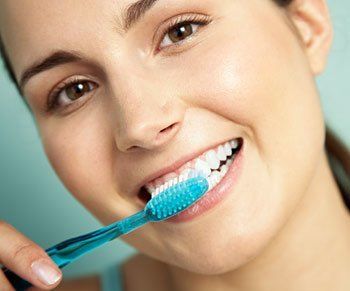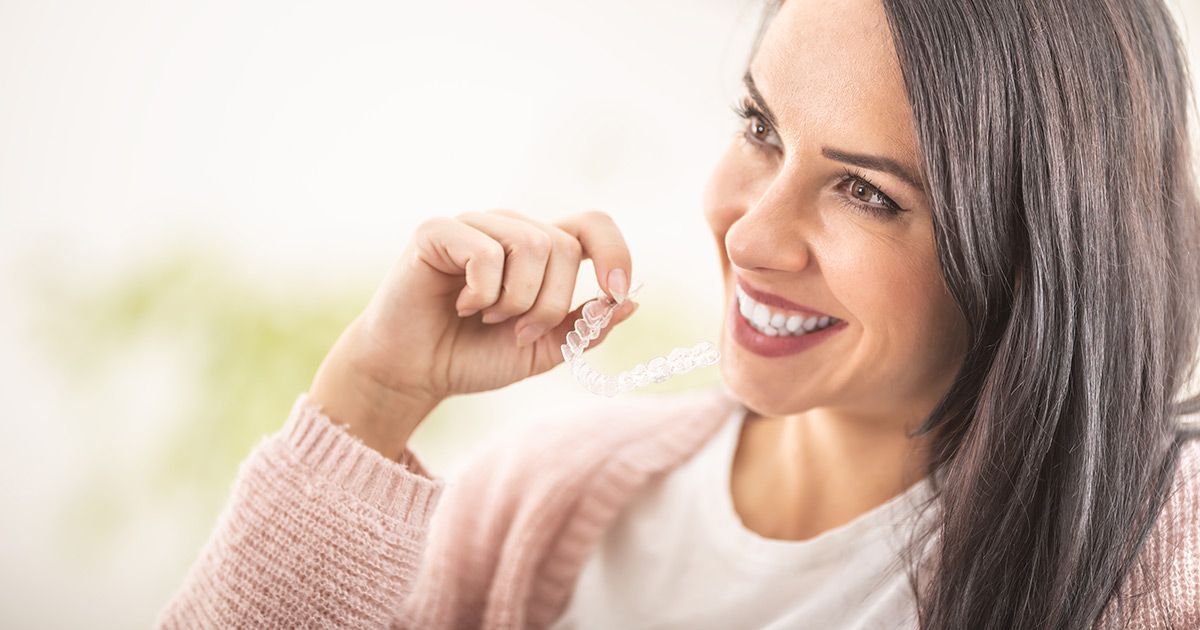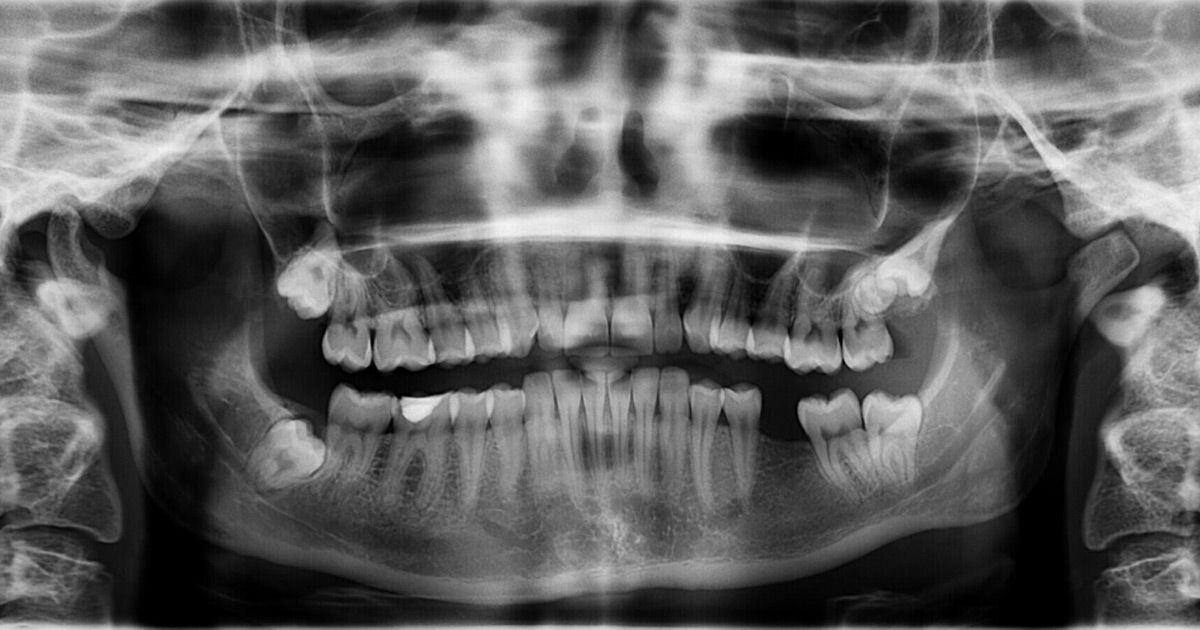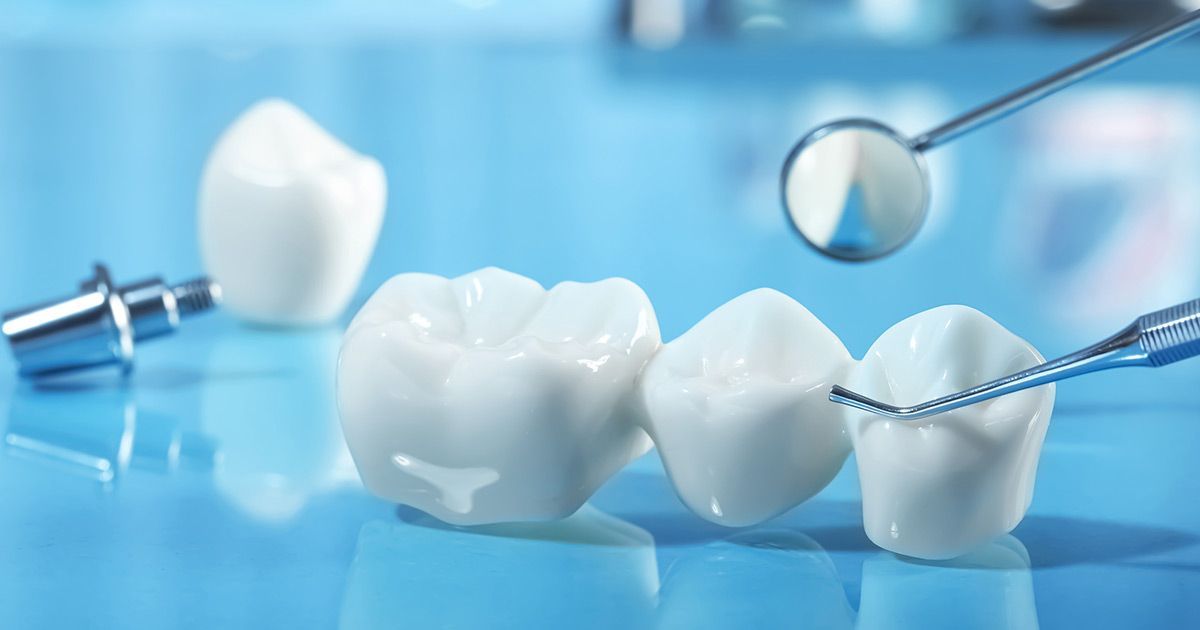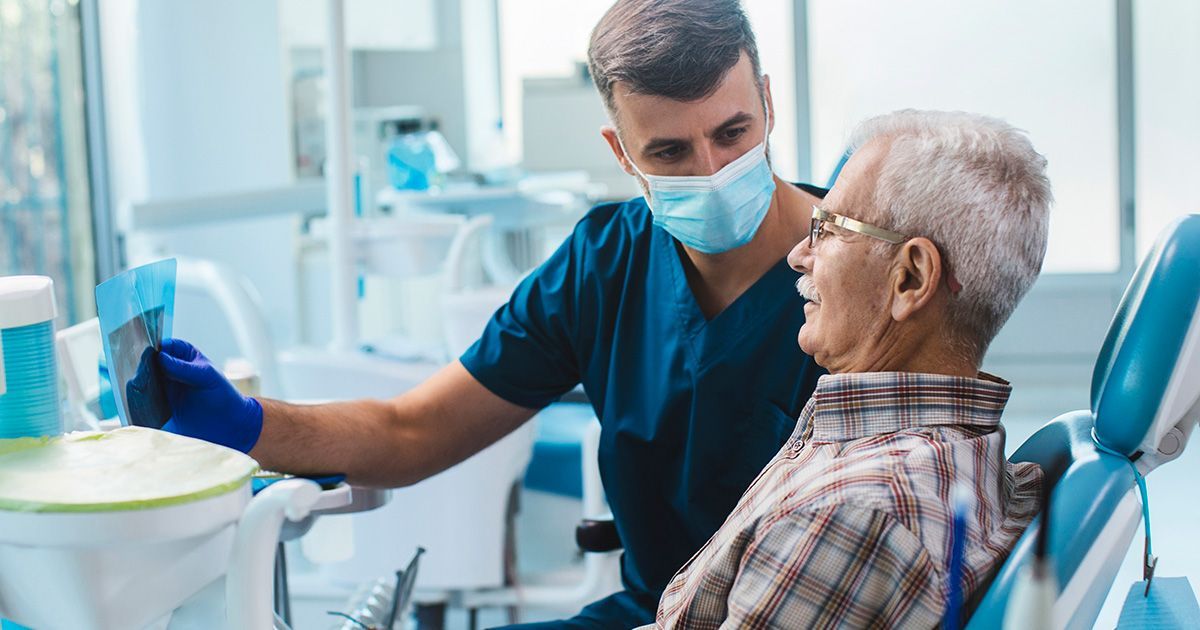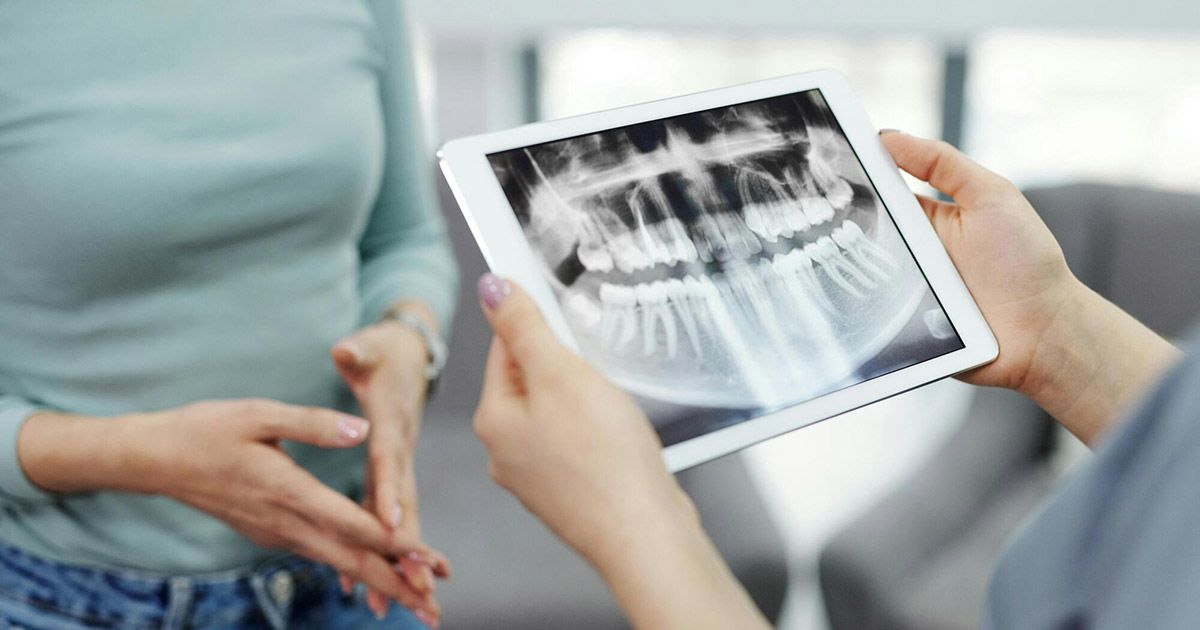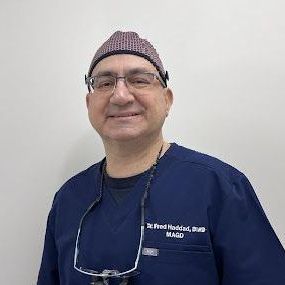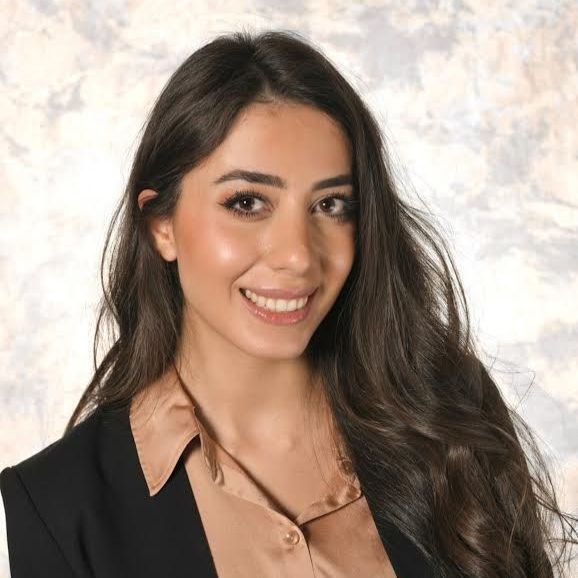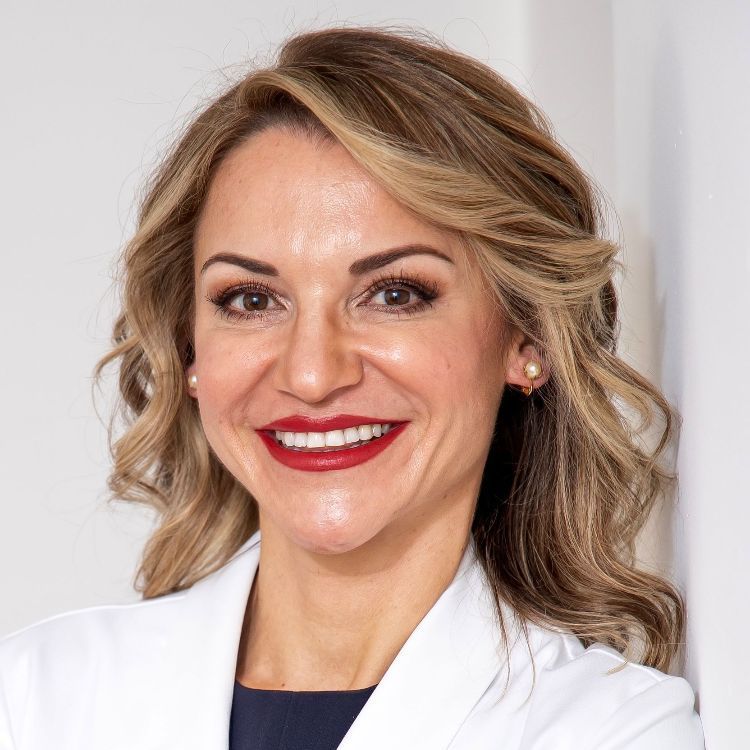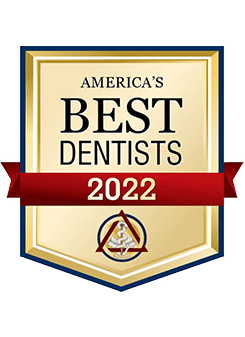Fluoride is a mineral that is naturally present to some degree in both fresh and salt water sources. Its major dental benefit is that it is readily incorporated into the teeth's mineral structure, thereby making them stronger and more decay-resistant. Fluoride can even reverse tiny cavities that are starting to form. Less tooth decay means you have a better chance of avoiding significant dental treatments — and keeping your natural teeth for life.
The great majority of toothpastes sold today contain fluoride, because it's an effective, easy and inexpensive way to prevent tooth decay and promote oral health. Because of its proven health benefits, fluoride is often added to municipal water supplies to bring them to the current recommended level of 0.70 parts per million. In fact, the federal Centers for Disease Control and Prevention recently named community water fluoridation as one of the most significant public health achievements of the 20th century.
